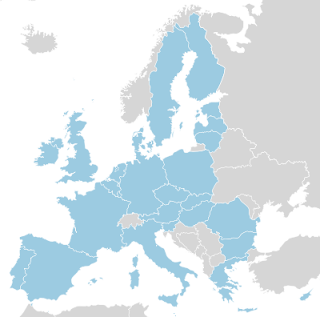An old debate reappeared recently. I’m not sure how, perhaps some innocent comment, like me wondering whatever happened to the white poppy? It’s a dislike of mine, though not for the usual reasons. I’ve no disagreement with those who remain unadorned, and the criticism of Jon Snow for not following fashion seems counter-intuitive to what the poppy should achieve. ‘Fashion’, I should be careful how I use that word. I expressed this concern to my father after having seen the occasional t-shirt with a stylised poppy-print; and my reaction to Robert Fisk’s recent article in The Independent was much the same as that of my Dad all those years ago - what an idiot. Fisk’s article continues a worrying tradition in believing after reasoned argument we must naturally come to the same conclusion. I respect his reasons for not wearing a poppy, but those of us who don’t should afford the same for those who do. It’s obvious really; poppies on the England kit or worse, as hood ornaments on cars, it’s all horribly commercial and not in the true spirit. But suspecting foul appropriations is no reason to besmirch the best intentions of so many others.
I should allow the same for white, but my heart tells me different. An absence can be explained by people choosing to remember in their own way, or deciding the past is the past; an opinion I can understand, but don't share. The white poppy however feels elitist, a suggestion that their proclaimed sentiment - the desire for peace - cannot be found elsewhere; an “up yours” gesture to the rest, a symbol of one’s own beliefs more than a remembrance of the past.
The Artificial Intelligence Church Office
4 days ago





